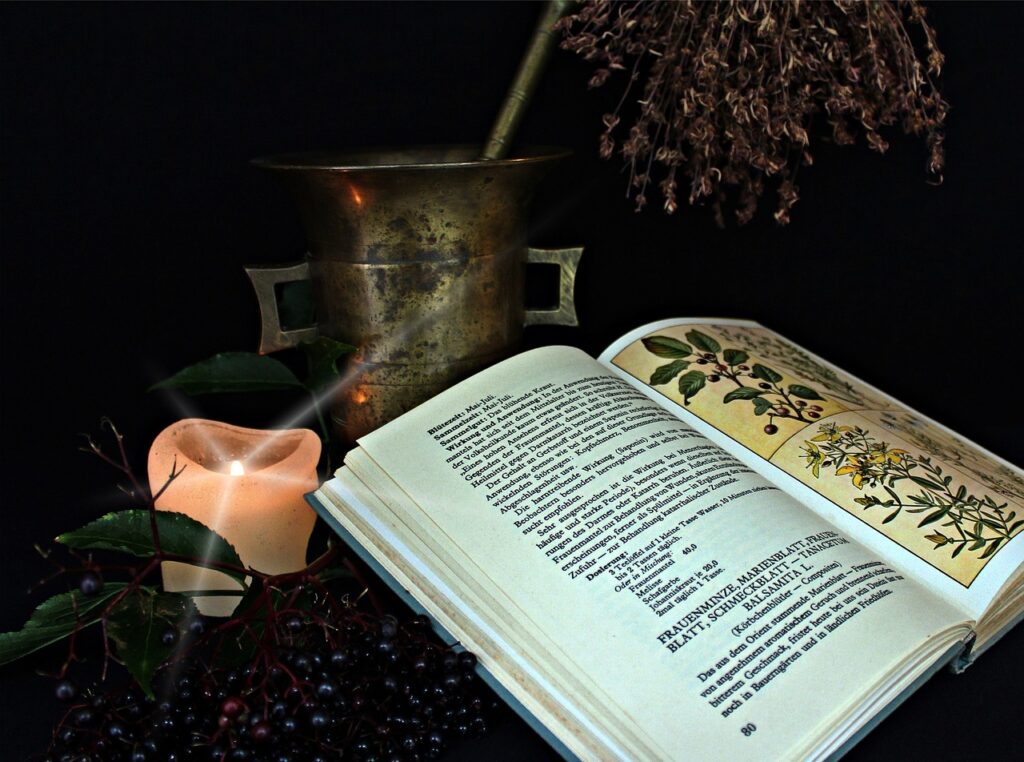Introduction: A Journey into Unani Medicine and the Four Humors
Unani medicine, a holistic system with roots in ancient Greece and the Middle East, revolves around balancing the body’s four humors. This traditional healing approach, heavily influenced by the teachings of Hippocrates and Galen, views health as the equilibrium of these four essential fluids: blood, phlegm, yellow bile, and black bile. Any imbalance in these humors leads to disease and poor health.
In this blog, we’ll dive deep into the four humors in Unani medicine, explore their roles in health and disease, and discuss how the ancient system of Unani still plays a crucial role in today’s holistic wellness practices.
The Foundations of Unani Medicine
Unani medicine is based on the theory that the human body is composed of four humors, which correspond to the elements of nature—earth, water, fire, and air. According to Unani physicians, health is achieved when these humors are balanced, while any imbalance can cause disease.
The four humors are:
- Blood (Dam): Warm and moist, associated with the element of air.
- Phlegm (Balgham): Cold and moist, connected to water.
- Yellow Bile (Safra): Warm and dry, tied to fire.
- Black Bile (Sauda): Cold and dry, related to earth.
Each person has a unique temperament, or Mizaj, which is a reflection of their dominant humor. Maintaining balance within these humors ensures that the body functions optimally. Let’s break down each humor and its significance in detail.
Understanding the Four Humors
1. Blood (Dam): The Vital Force
- Temperament: Warm and moist
- Element: Air
- Associated Organ: Liver
- Role: Blood is considered the life force, providing nutrition and warmth to the body. It’s responsible for vitality, energy, and strength. People with a blood-dominant temperament are often cheerful, optimistic, and energetic.
When blood is in excess, it can lead to fevers, hypertension, and inflammation. When deficient, symptoms like anemia, weakness, and fatigue may manifest.
Maintaining Balance: Unani medicine prescribes herbs like Saffron and dietary adjustments such as consuming foods with a warming effect (e.g., meats and spices) to regulate blood levels.
2. Phlegm (Balgham): The Lubricator
- Temperament: Cold and moist
- Element: Water
- Associated Organ: Brain and lungs
- Role: Phlegm helps to cool and lubricate the body’s systems, ensuring smooth functioning of joints and organs. It’s linked to calmness, emotional stability, and nurturing behavior.
Excess phlegm can lead to respiratory issues like bronchitis, asthma, and congestion, while a deficiency may result in dryness, insomnia, and anxiety.
Maintaining Balance: To balance phlegm, Unani practitioners recommend a diet rich in warm, spicy foods like ginger, black pepper, and mustard seeds, while avoiding cold, damp foods such as dairy.
3. Yellow Bile (Safra): The Fire Within
- Temperament: Warm and dry
- Element: Fire
- Associated Organ: Gallbladder
- Role: Yellow bile is responsible for digestion and metabolism, breaking down food and converting it into energy. It is associated with ambition, leadership, and courage.
Excess yellow bile may lead to conditions like acid reflux, migraines, and anger, while too little yellow bile can result in poor digestion, fatigue, and a lack of motivation.
Maintaining Balance: To manage yellow bile, a cooling diet with foods such as cucumber, melons, and milk is suggested, along with avoiding spicy, fried, or greasy foods.
4. Black Bile (Sauda): The Grounding Element
- Temperament: Cold and dry
- Element: Earth
- Associated Organ: Spleen
- Role: Black bile is responsible for building solid structures in the body, such as bones, and maintaining a stable temperament. It is associated with a more thoughtful, melancholic disposition.
An excess of black bile can cause depression, skin issues, and digestive blockages, while a deficiency may lead to weakness, increased susceptibility to infection, and bone disorders.
Maintaining Balance: Black bile can be regulated through warming foods like figs, dates, and pomegranate, and herbs like licorice. Avoiding cold, dry foods is recommended.
The Role of Unani Medicine in Disease
In Unani medicine, disease is seen as an imbalance of the four humors. Depending on which humor is in excess or deficient, specific ailments manifest in the body. For instance:
- An excess of phlegm may lead to respiratory problems and digestive disorders.
- Too much yellow bile could result in skin rashes, fever, and anger issues.
- An imbalance of black bile might cause depression or digestive issues.
- Blood disorders, like anemia or hypertension, may arise from an imbalance in blood levels.
To restore balance, Unani medicine offers various treatments, including:
- Herbal remedies: Specific herbs are prescribed to balance the humors based on the patient’s temperament.
- Dietary adjustments: Unani practitioners recommend foods that balance the humors. For example, cooling foods reduce yellow bile, while warming foods stimulate the production of blood.
- Regimenal therapies: Techniques like cupping (Hijama), massage, and steam baths help restore balance.
Maintaining Balance: The Key to Wellness in Unani Medicine
In Unani medicine, prevention is as important as the cure. Maintaining a balance between the humors ensures that diseases do not develop. Here’s how you can maintain balance:
1. Diet and Nutrition
Diet plays a crucial role in Unani healing. Eating foods that suit your temperament is key to keeping the humors in check. For instance:
- Those with an excess of blood should focus on cooling foods like cucumber and yogurt.
- Individuals with high levels of phlegm should consume warming spices like ginger and pepper.
2. Physical Activity
Regular exercise is essential for balancing the humors, particularly blood and yellow bile. Exercise stimulates circulation and digestion, helping to prevent the buildup of excess humors.
3. Stress Management
Emotional and mental health is equally important in Unani medicine. Excessive stress can imbalance the humors, particularly yellow bile and black bile, leading to emotional and psychological issues like anger and depression.
4. Regimenal Therapies
Unani practitioners use techniques like cupping therapy (Hijama) and therapeutic massage to restore balance to the humors, promoting overall well-being.
Conclusion: The Timeless Wisdom of the Four Humors in Unani Medicine
Unani medicine provides a holistic, well-rounded approach to health by emphasizing the balance of the four humors. Understanding and balancing these humors is the key to preventing disease and maintaining physical and mental well-being. Whether through diet, herbal remedies, or regimenal therapies, Unani’s wisdom remains relevant, offering natural solutions for today’s health challenges.
In today’s world, where modern medicine often focuses on symptomatic relief, Unani offers a deeper understanding of health by focusing on the root cause: the balance of the humors. By integrating Unani principles into our lives, we can achieve long-lasting wellness.









